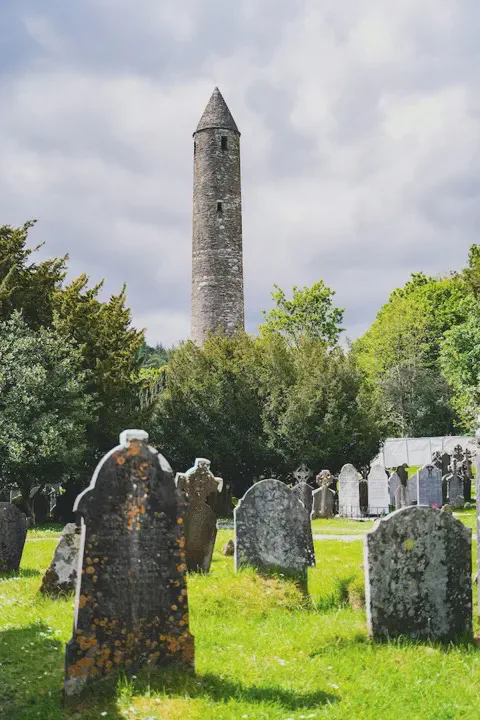October 1st, 1911
The unveiling of the statue of Charles Stewart Parnell in Dublin in 1911 was a significant event in Irish history and a tribute to one of the most prominent political leaders of the late 19th century in Ireland. Here are some key details about this event:
Charles Stewart Parnell
Charles Stewart Parnell was an Irish nationalist leader and a key figure in the Irish Home Rule movement. He was a Member of Parliament (MP) in the British House of Commons and led the Irish Parliamentary Party.
Statue Unveiling
The statue was erected in Parnell Square, Dublin, and it was unveiled on October 01, 1911. The statue was a bronze sculpture of Charles Stewart Parnell mounted on a plinth.
Purpose
The unveiling of the statue was a commemorative event to honor Parnell’s significant contributions to the cause of Irish Home Rule and his leadership during a pivotal period in Irish history.
Parnell’s Legacy
Charles Stewart Parnell was a charismatic and influential political leader who played a central role in the Irish Land War and the Home Rule movement. He advocated for greater self-governance for Ireland within the United Kingdom.
Decline and Legacy
Parnell’s political career faced a setback due to the scandal surrounding his personal life, particularly his relationship with Katherine O’Shea. Nevertheless, he left a lasting impact on Irish politics and is remembered as a national hero.
1911 Context
The unveiling of the statue in 1911 occurred during a period of heightened political activity and growing momentum for the cause of Irish self-government. It was just a few years before the outbreak of World War I and the subsequent Irish War of Independence.
The statue of Charles Stewart Parnell remains a notable landmark in Dublin and serves as a reminder of his enduring legacy in Irish history and politics. Parnell’s efforts laid the foundation for subsequent movements and developments that ultimately led to the establishment of the Irish Free State in 1922.

